Lift ban on nuclear energy: mine it, use it, store it, says Peter Costello
Peter Costello supports lifting the national ban on development of nuclear power to provide a new domestic energy source and help reduce carbon emissions, provided it is commercially viable.
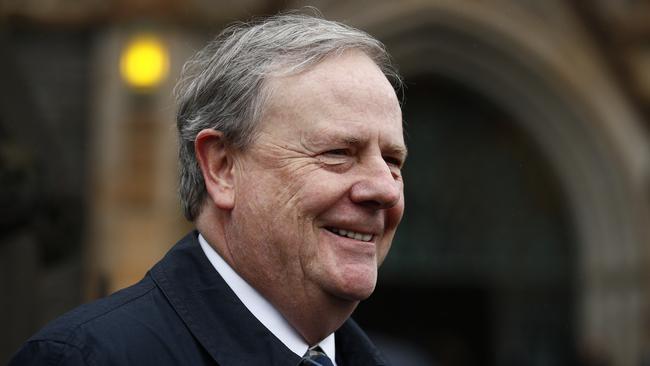
Peter Costello supports lifting the national ban on development of nuclear power to provide a new domestic energy source and help reduce carbon emissions, provided the private sector can see a commercial opportunity to make it viable.
“I would lift the ban,“ the former Liberal treasurer told The Weekend Australian.
“I would say it can only be done subject to very stringent safety standards and so on. But within that framework, if you reckon you can make a go of it – go ahead. I wouldn’t have a government subsidy because then the economics doesn’t stack up.”
The longest serving treasurer (1996-2007) said in an exclusive interview to coincide with the release of cabinet papers from 2003 on Monday that the Howard government considered lifting the ban put in place in 1998 and was aware of private-sector interest in developing the industry.
“I do recall a lot of consideration given to nuclear power,” Mr Costello said.
“There was a private-sector group that was looking at the feasibility of a nuclear power station. And I do recall senior ministers – me and the prime minister (John Howard) – saying, ‘well, we shouldn’t rule it out’.
“But, certainly, even then, subject to the economics stacking up, I had no objections to nuclear power. In fact, I thought it would have been a good adjunct to meeting our emissions targets … (but) if the economics didn’t stack up, no one would do it.”
Mr Costello said consideration was given at the time to depositing nuclear waste at the RAAF Woomera Range Complex in South Australia, the site of British nuclear tests authorised by the Menzies government in the 1950s and ’60s.
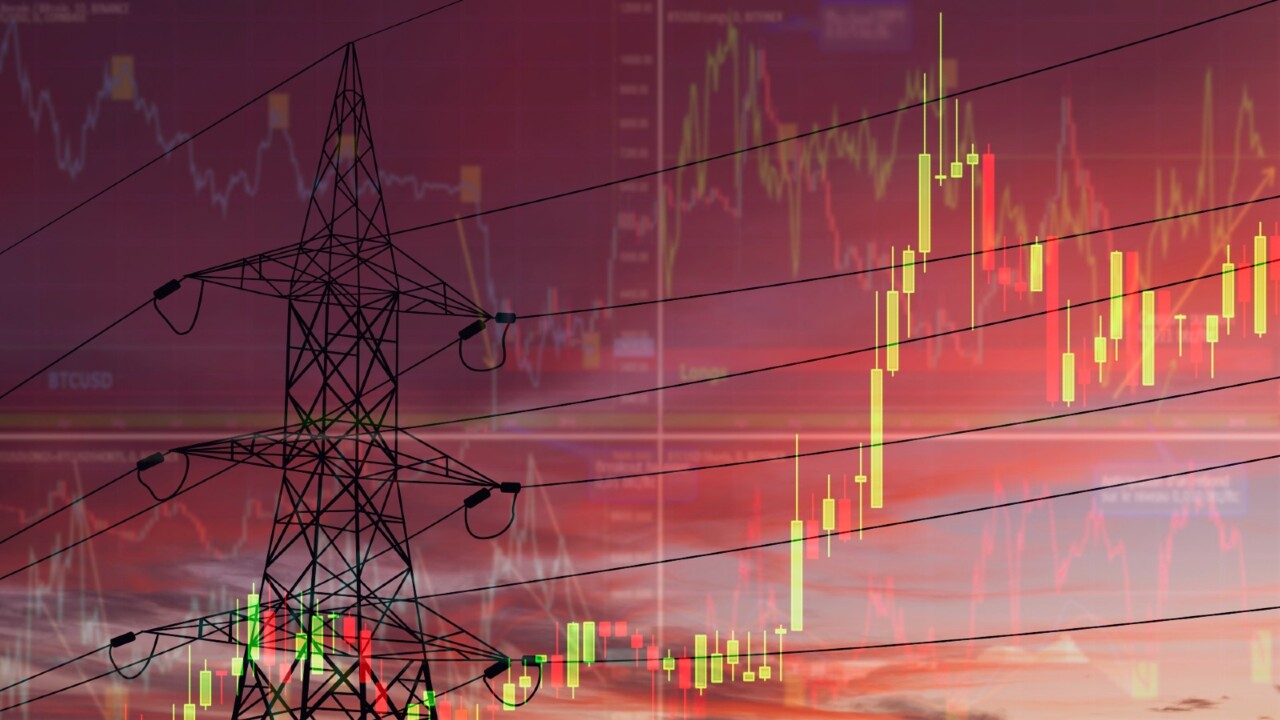
“At one point, we had a proposal to put radioactive waste at the Woomera rocket range, which by the way, is already radioactive,” he recalled.
“I thought it was a good idea. I don’t know how far away Adelaide is from Woomera, but it’s a long way, and it just became politically too hot.”
Australia should examine storing waste from uranium exported overseas, the former Treasurer added. “What Australia should look at is we would own the nuclear rods, whole of life, so the nuclear rods would go off to whoever’s using them at the moment, they would use them, and then they would come back here and be stored by us. We would own life-cycle nuclear rods.”
“But this is the great joke: Australia is exporting uranium to countries all around the world. They are using our uranium for nuclear power: France, China, go around the world. So I can’t get worked up on health and safety grounds that we shouldn’t be doing this because if it is unsafe (then) we shouldn’t be exporting it.”
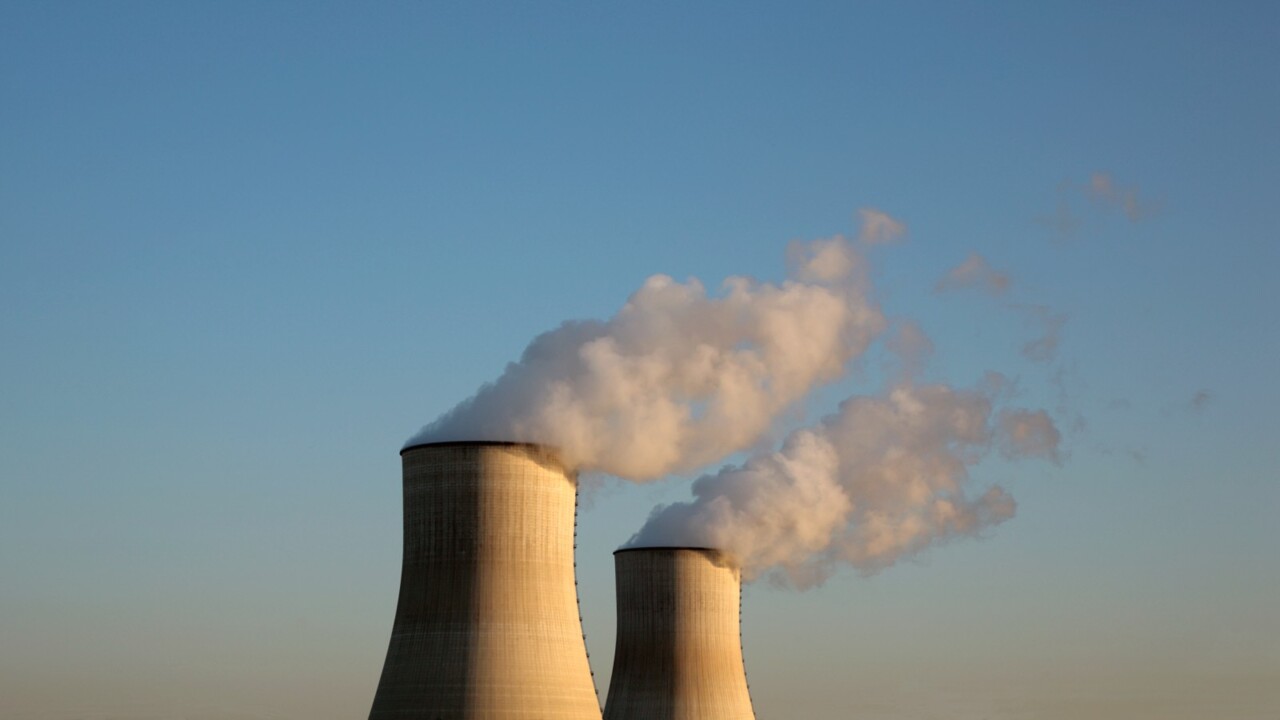
Mr Costello’s comments follow those of opposition energy spokesman Ted O’Brien who is advocating the benefits of nuclear energy for domestic power use. Mr O’Brien argues that with more than 400 nuclear power plants in operation around the world, and small modular reactors in development, the technology should not be ruled out.
The Albanese government, while supporting nuclear-powered submarines under the trilateral AUKUS defence pact, is opposed to a nuclear power sector for Australia given it would cost too much money, is not commercially viable and would take too long to establish.
Energy Minister Chris Bowen has labelled nuclear power as a “fantasy” for Australia.
Read Troy Bramston’s interviews with John Howard and Peter Costello about the 2003 cabinet papers in The Australian on Monday


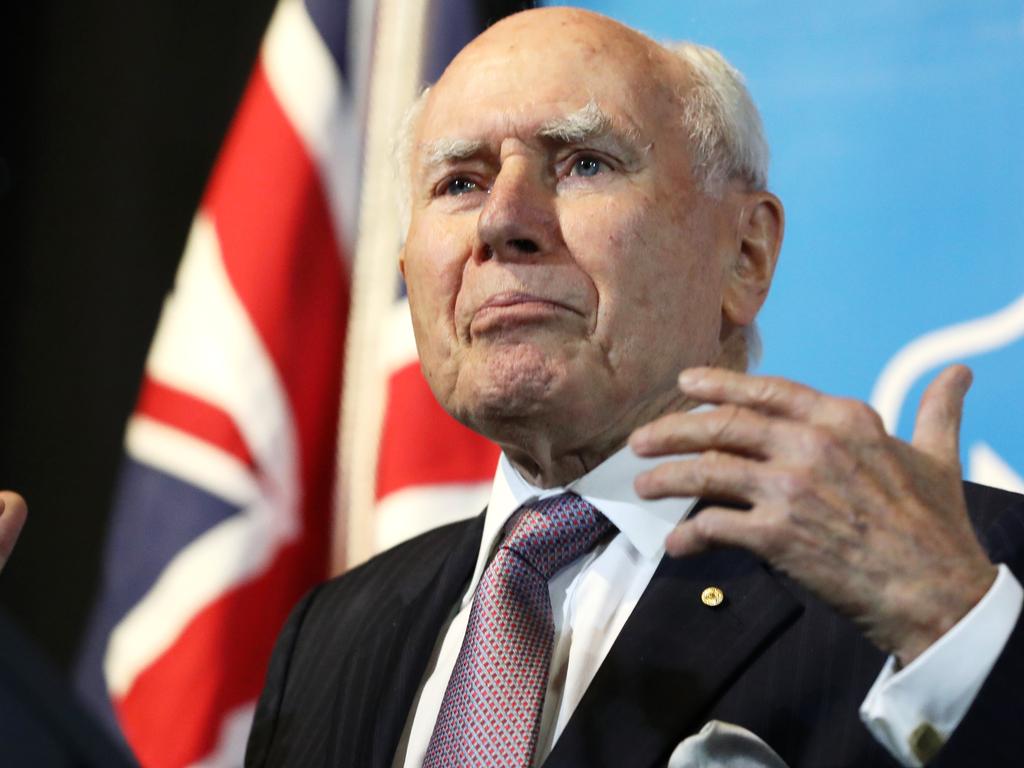

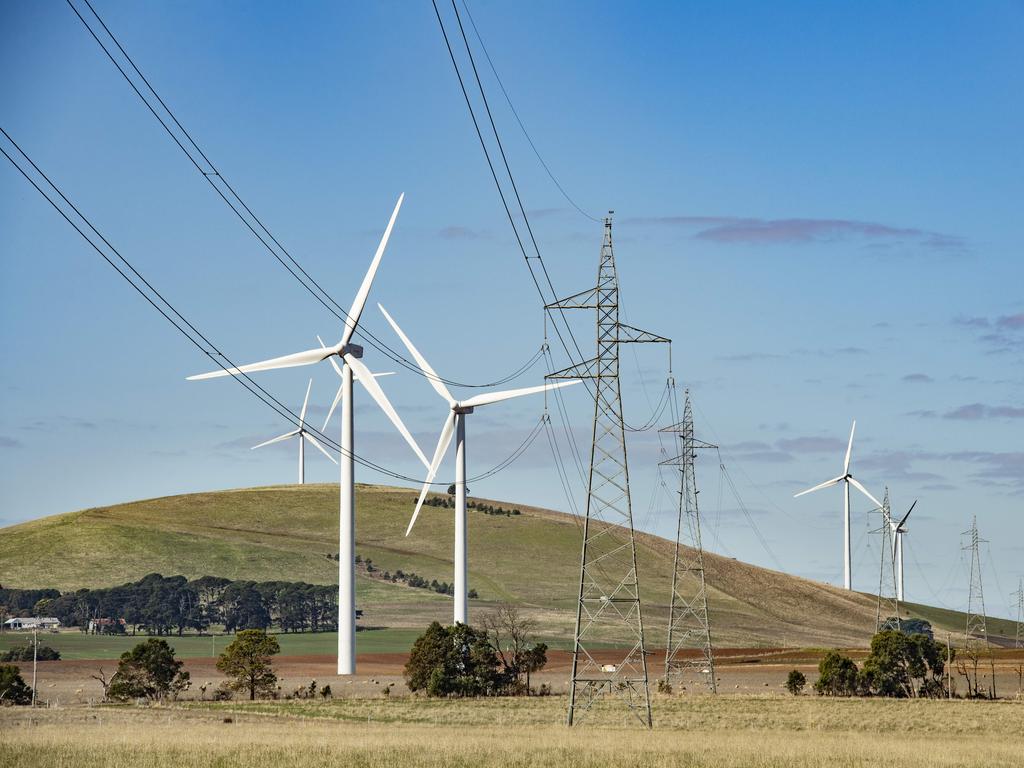

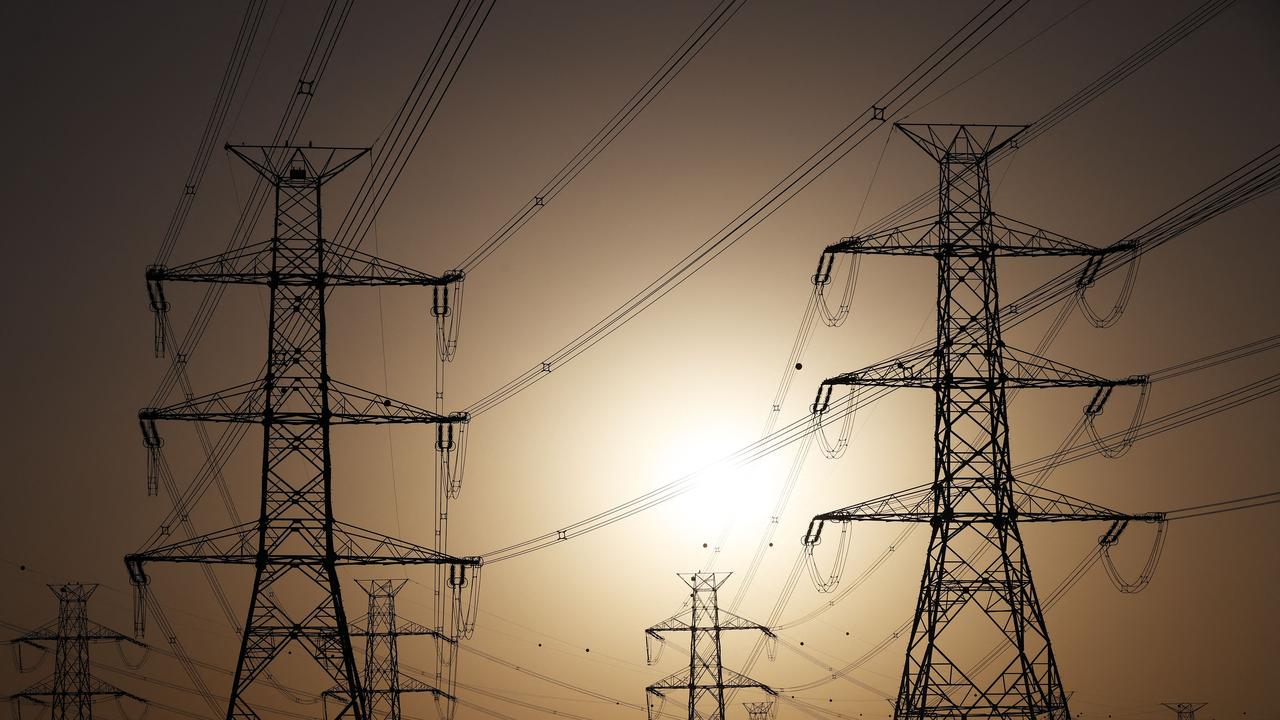
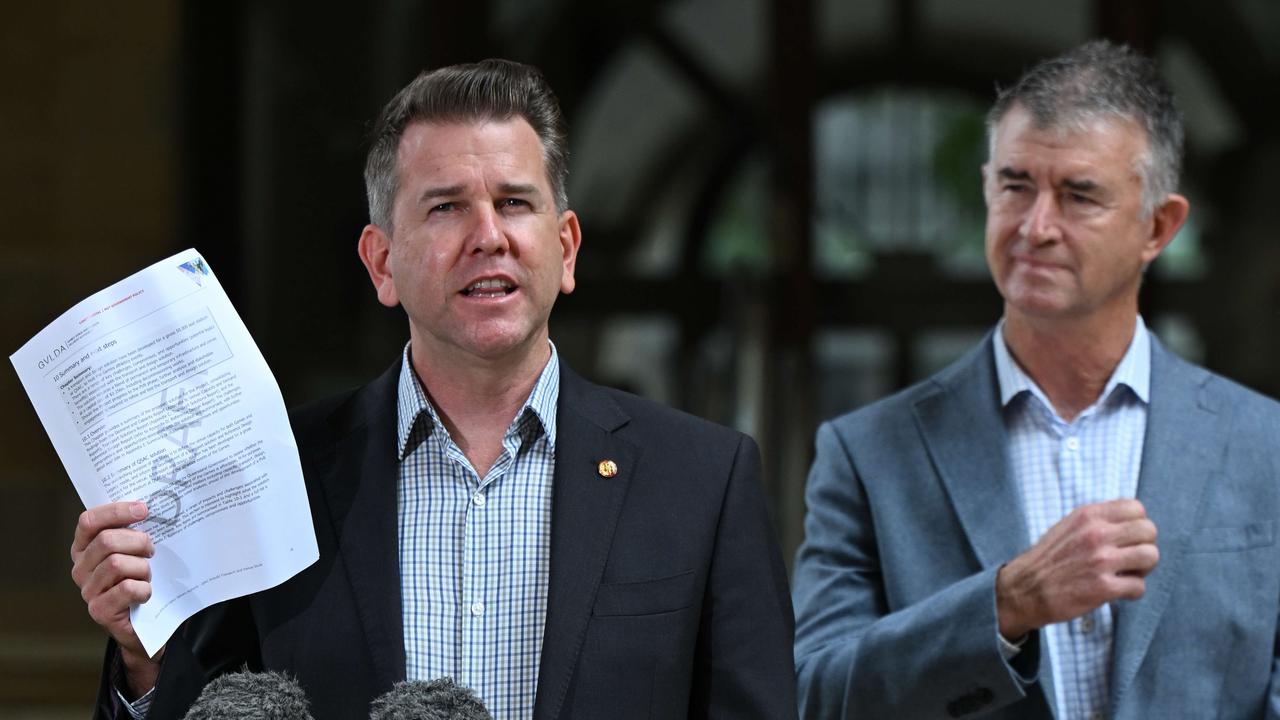
To join the conversation, please log in. Don't have an account? Register
Join the conversation, you are commenting as Logout